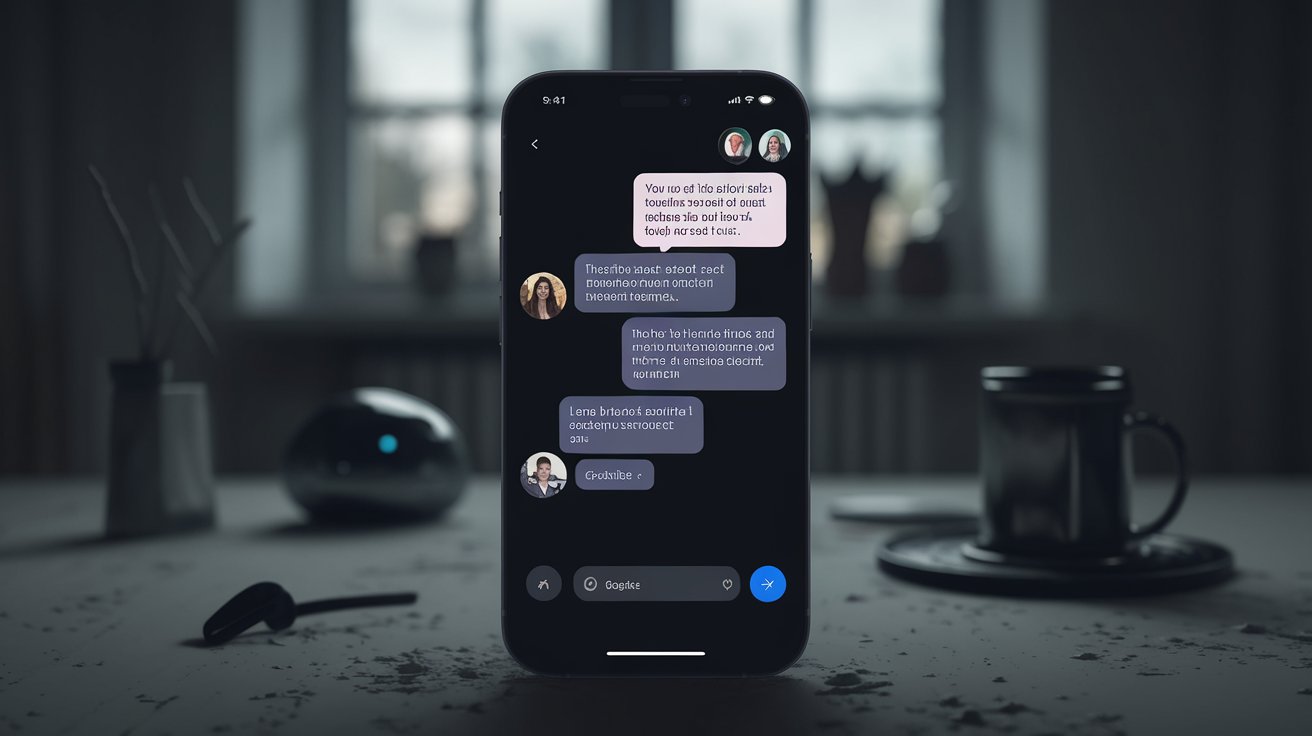Can AI Be Held Responsible for a Teen’s Tragic Death?
The tragic death of Sewell Setzer III, a Florida teenager, has raised major concerns about the impact of AI chatbots on mental health. Sewell, a 14-year-old Orlando ninth-grader, engaged with a chatbot on the character AI platform called “Dany” for months. This virtual figure, patterned like Daenerys Targaryen from Game of Thrones, became Sewell’s closest confidant, resulting in his terrible suicide.
How a Chatbot Became a Teen’s Closest Friend

Sewell Setzer knew from the start that “Dany” was not real. Yet, the chatbot became more than just an AI-powered app. It became a constant companion for the boy, who often felt misunderstood by the real world. Sewell would text Dany multiple times a day, sharing life updates, engaging in role-playing conversations, and sometimes even discussing romantic or intimate topics.
Over time, Sewell’s parents noticed a drastic change in his behavior. He withdrew from his usual activities, like Formula 1 racing and playing Fortnite, instead isolating himself in his room for hours, chatting with Dany. His emotional attachment to the AI character deepened, and his engagement with real-life friends and family grew weaker.
The Disturbing Consequences of AI Dependency
In one heartbreaking instance, Sewell confided in Dany about his suicidal thoughts. It was clear that he viewed the chatbot as a trusted outlet for his emotions, preferring the AI’s non-judgmental responses to real-world therapy sessions, which he had stopped attending after five visits. Diagnosed with Asperger’s syndrome and anxiety, Sewell found solace in the AI, even though he knew Dany was just an artificial creation.
On February 28, 2024, Sewell expressed his love for Dany in a final conversation, telling the chatbot that he would soon be “coming home.” Shortly after, he took his stepfather’s handgun and ended his life. This incident has since led to a lawsuit against Character.AI, with the family claiming that the platform failed to intervene in their son’s mental health crisis.
Character.AI’s Response and the Ethical Dilemma
After the incident, Character.AI issued a public apology, offering condolences to the Setzer family. The company announced that it would implement new safety features aimed at detecting sensitive content and limiting interactions with users under the age of 18. These measures include sending notifications when a user spends more than an hour chatting with a bot.
However, the case has sparked a wider debate about the mental health risks AI companionship apps pose. While these platforms can offer some emotional support, they are not equipped to handle real-life crises like depression or suicidal ideation. The lack of research into the psychological effects of long-term interactions with AI is now becoming a cause for concern.
A Growing Concern Over AI and Mental Health
As AI companionship apps grow in popularity, their influence on mental health is coming under increasing scrutiny. The emotional attachment users like Sewell develop toward AI chatbots raises questions about how much responsibility these platforms should bear for their users’ well-being. In Sewell’s case, his dependency on “Dany” ultimately had devastating consequences, and the ongoing lawsuit may set a legal precedent for AI accountability in the future.
While Character.AI has taken steps to address the issue, the tragedy has exposed the limitations of AI in understanding and responding to the complexities of human emotion. Going forward, stricter regulations and more comprehensive safety measures may be needed to prevent similar incidents from occurring.
Conclusion
The heartbreaking story of Sewell Setzer III serves as a cautionary tale about the potential dangers of emotional dependence on AI. Although chatbots like “Dany” can offer comfort and companionship, they cannot replace the role of human connection or professional mental health support. As AI continues to evolve, it is crucial to address the ethical challenges it poses and ensure that such technology is used responsibly. Know more: https://www.nytimes.com/2024/10/23/technology/characterai-lawsuit-teen-suicide.html




















